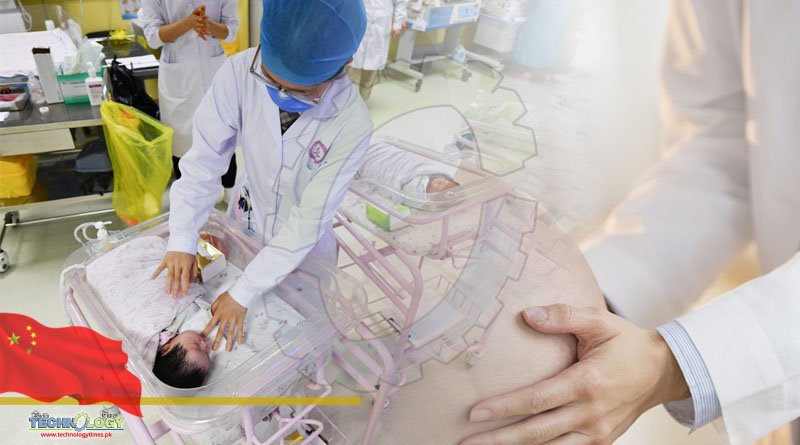According to the paper, the protective agents used in current method of follicle cryopreservation in women often produce poor results due to high concentration and toxicity.

According to the study, published in the journal Nature Communications, the findings shed light on a promising approach to preserve fertility in women.
A group of Chinese scientists has developed a new method for preserving mouse ovarian follicles at extremely low temperatures, increasing their viability after recovery by more than 30% when compared to conventional methods.
Follicle cryopreservation is nearly the only option for prepubescent girls or women in urgent need of cancer treatment to preserve their fertility.
According to the paper, the protective agents used in the current method of follicle cryopreservation to preserve fertility in women often produce poor results due to their high concentration and toxicity.
According to the paper, researchers from the University of Science and Technology of China collaborated with colleagues from the First Affiliated Hospital of Anhui Medical University to reduce the demand for the highly toxic protective agents and lower their concentration by 75%, increasing the viability of mouse follicles by more than 30%.
According to Zhao Gang, the university’s research leader, egg cells obtained from these follicles were fertilised in vitro and developed into healthy mouse pups after embryo transfer.
The patent for this technology has been filed, and it is expected to be used clinically in related Anhui province hospitals within the next year, according to Zhao.
It is important for girls and women who are considering fertility preservation to discuss their options with a fertility specialist and to carefully weigh the potential risks and benefits of the procedure.
In recent years, researchers have been working to develop new, more effective and less toxic protective agents for use in follicle cryopreservation. These agents may be more effective at preserving the viability of the eggs or tissue and may be less toxic to the body.
It is important for researchers to continue to study and improve the techniques used in follicle cryopreservation in order to increase the chances of successful pregnancy after the procedure and to minimize potential risks to the patient.
The University of Science and Technology of China (USTC) is a public research university located in Hefei, Anhui, China. It was founded in 1958 and is considered one of the top universities in China.
USTC has a strong focus on science, technology, and engineering, and is home to a number of research centers and institutes, including the Institute of Advanced Technology, the Institute of Molecular Science, and the Institute of Theoretical Physics. The university is known for its research in areas such as quantum physics, materials science, and computer science.
USTC has a diverse student body, with over 26,000 undergraduate and graduate students enrolled. The university also has a strong international presence, with students and faculty from around the world.